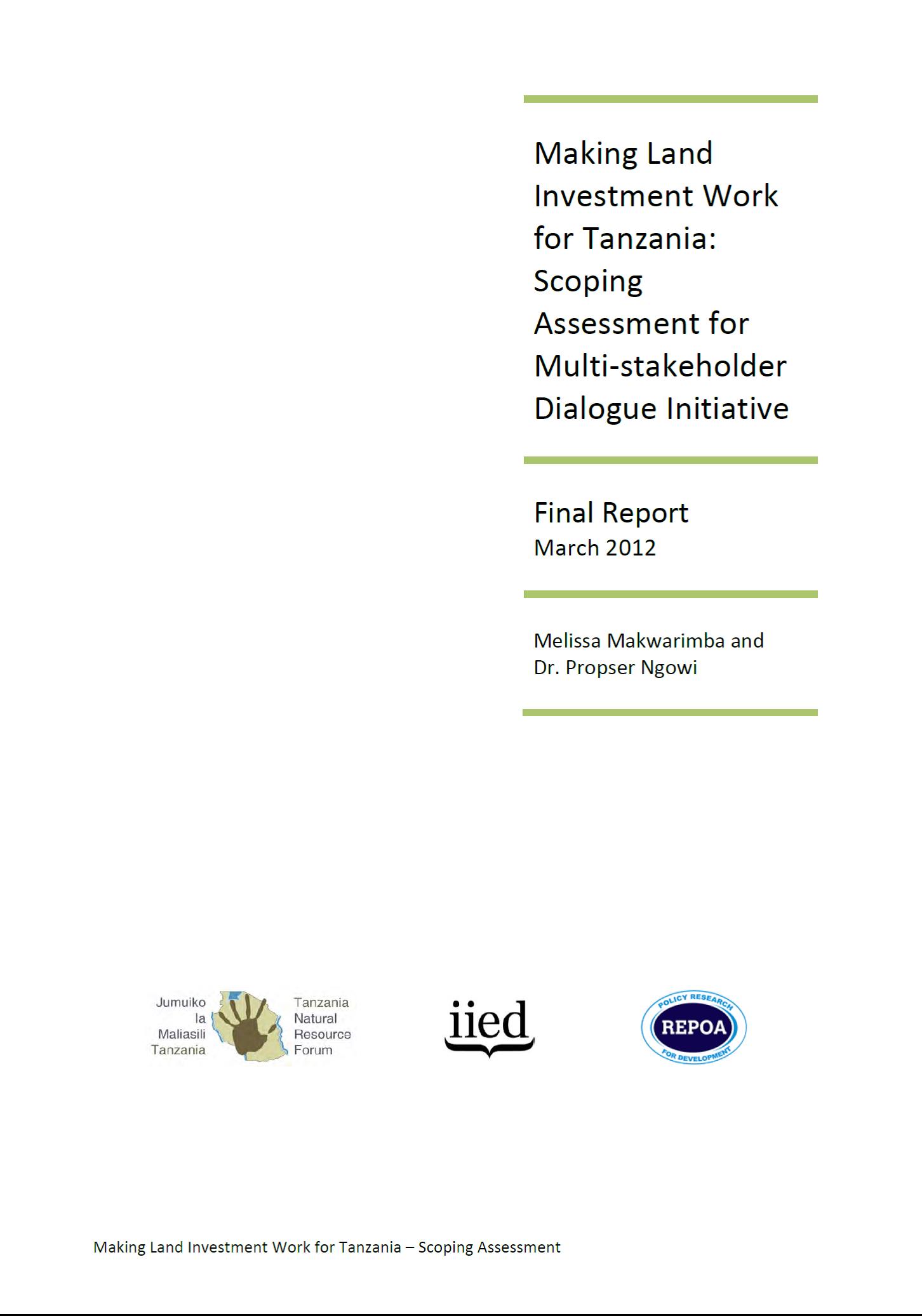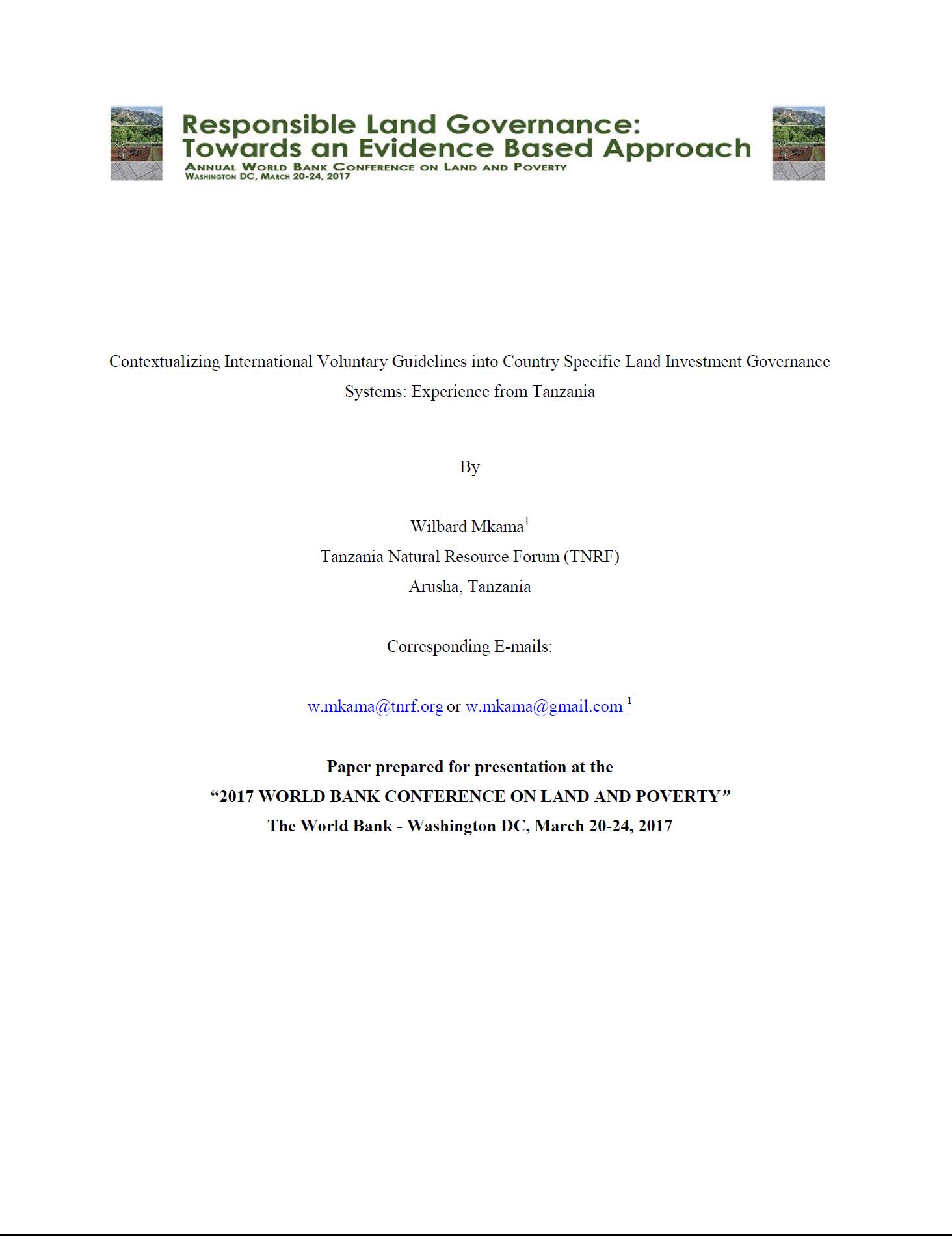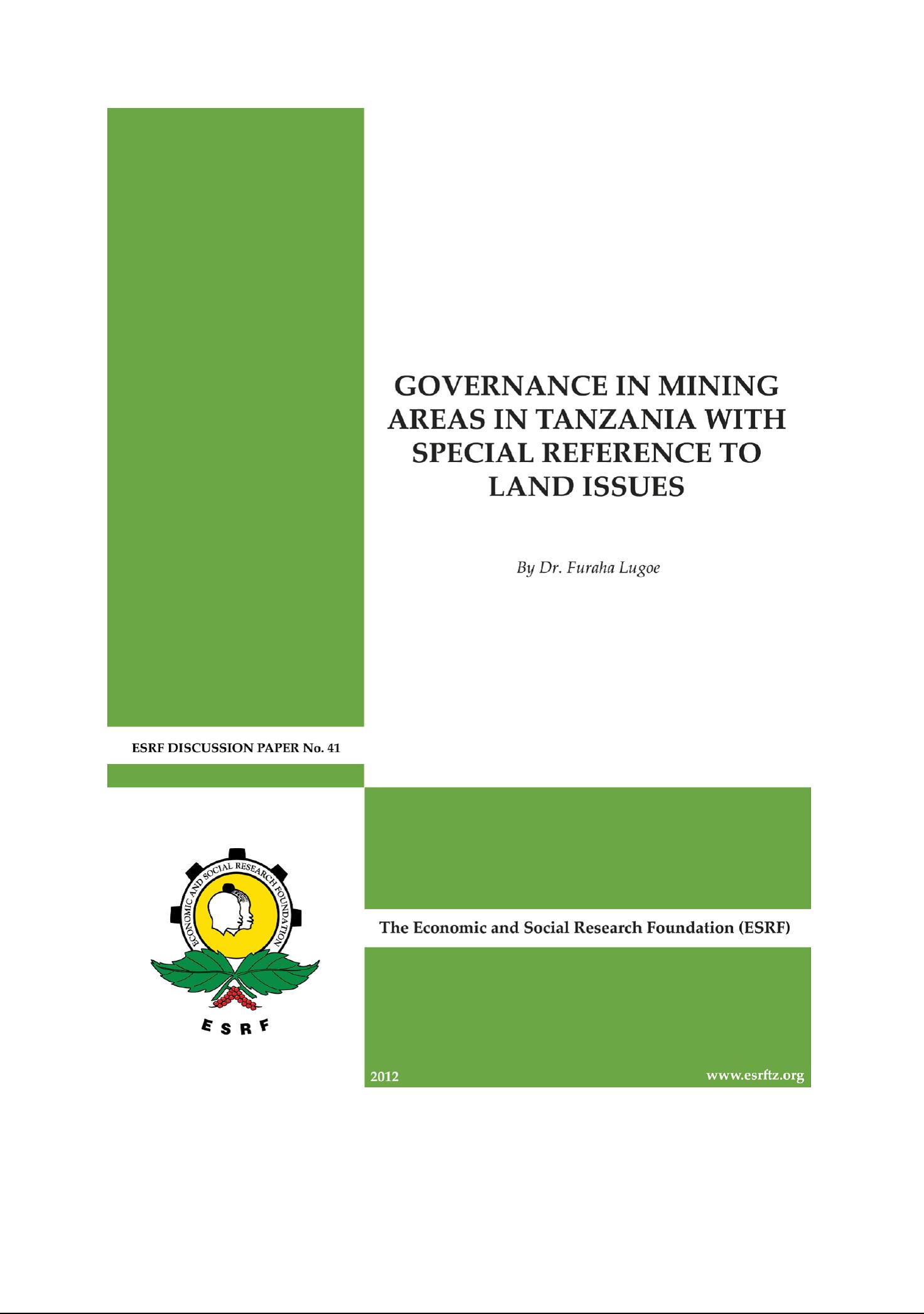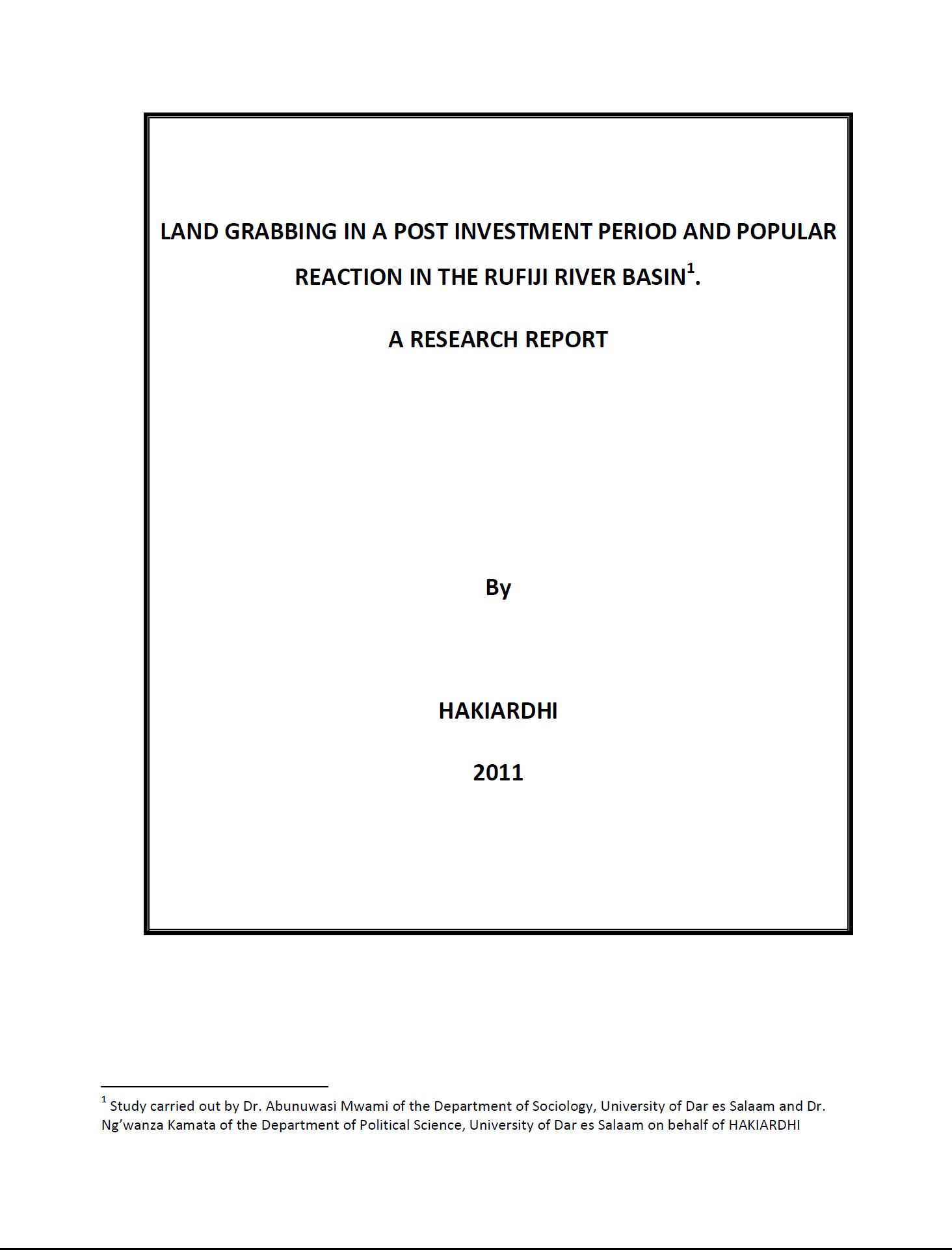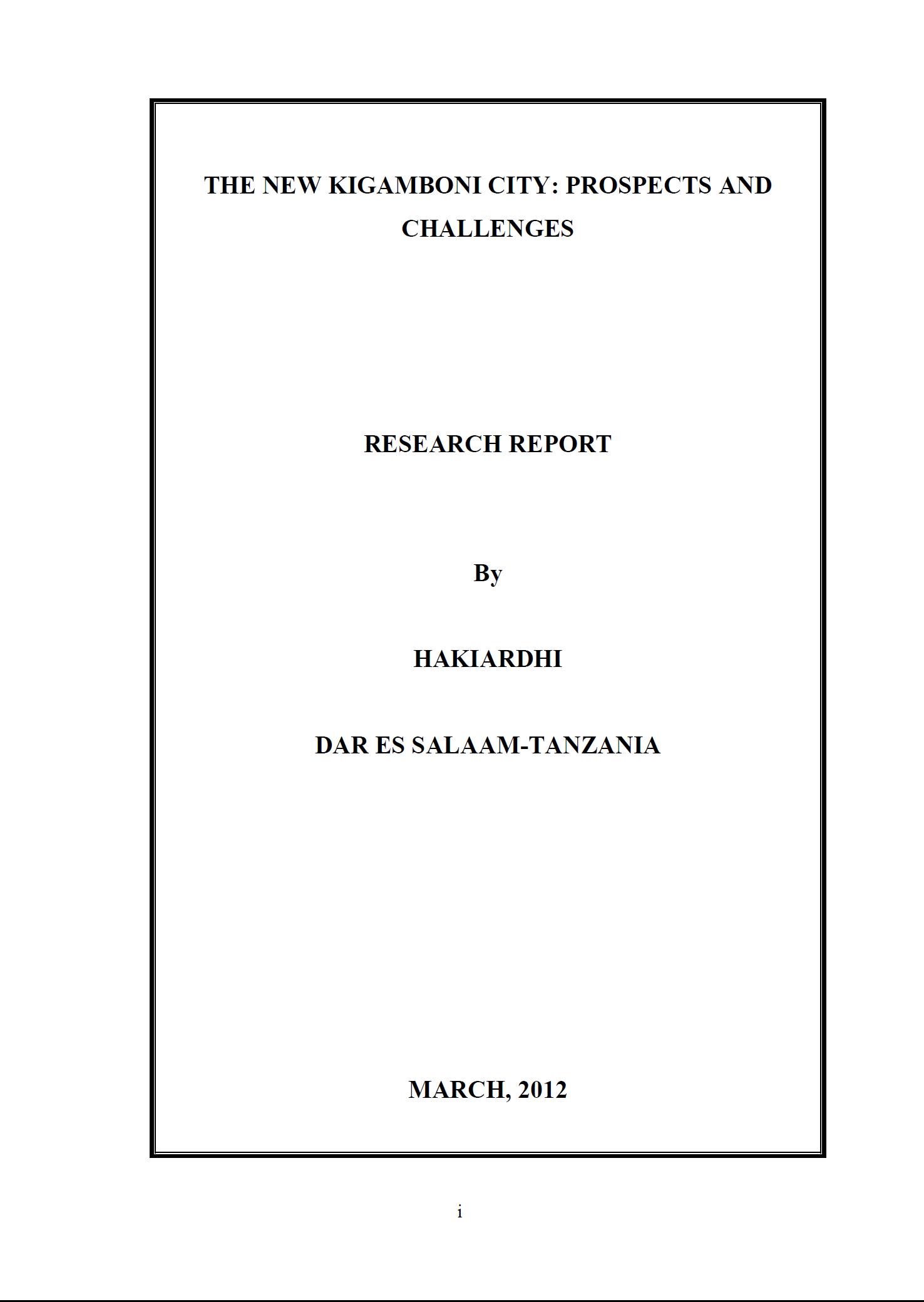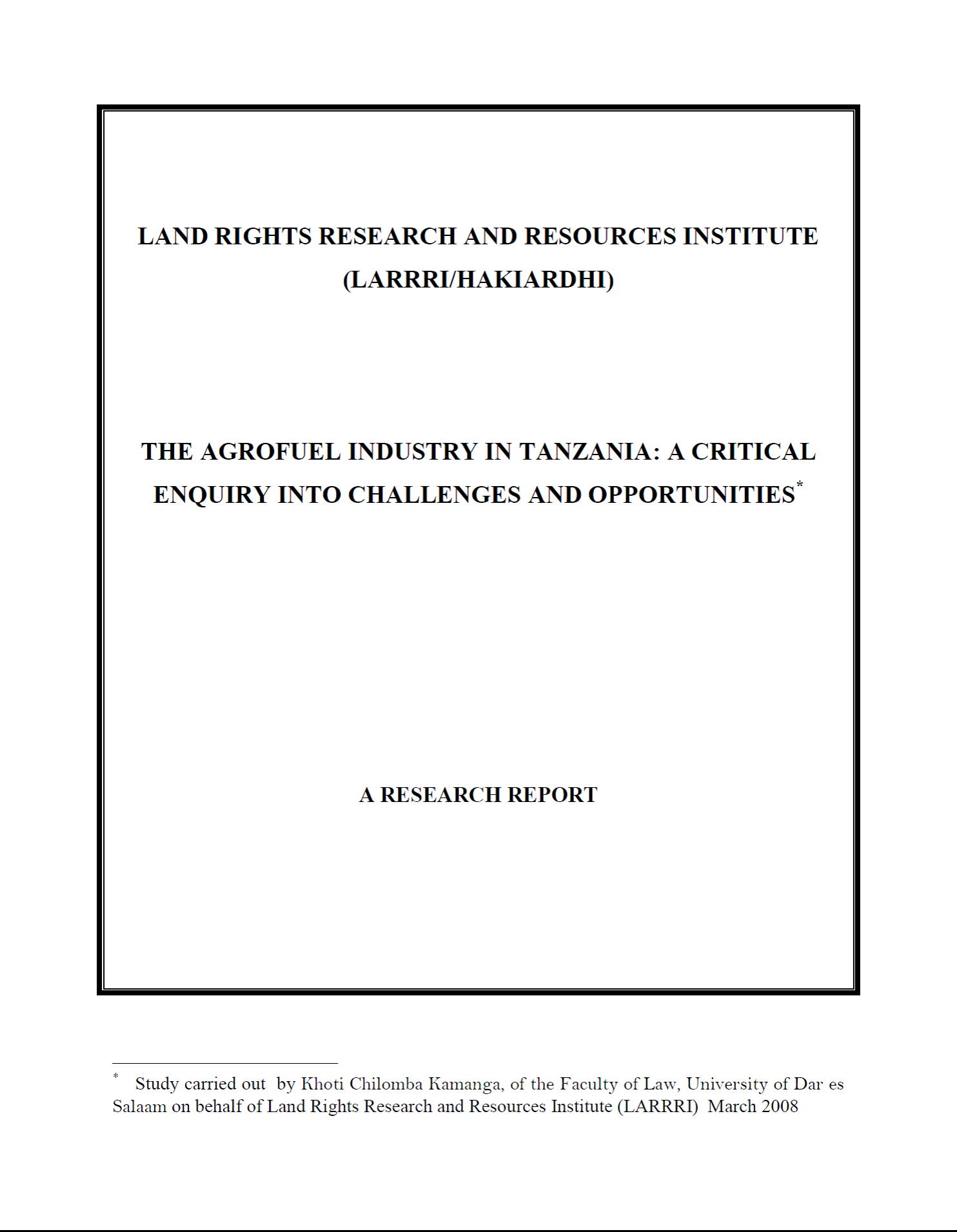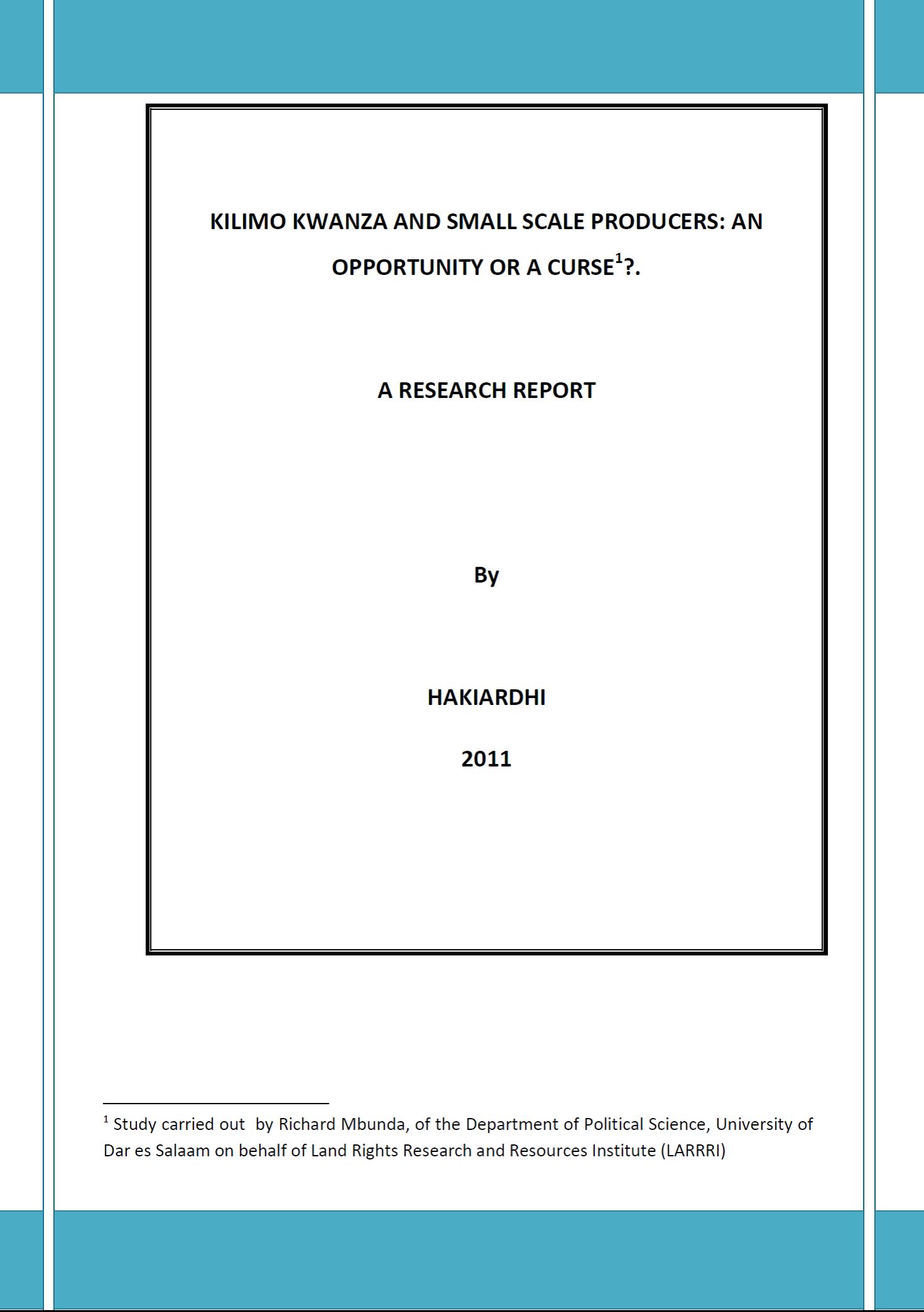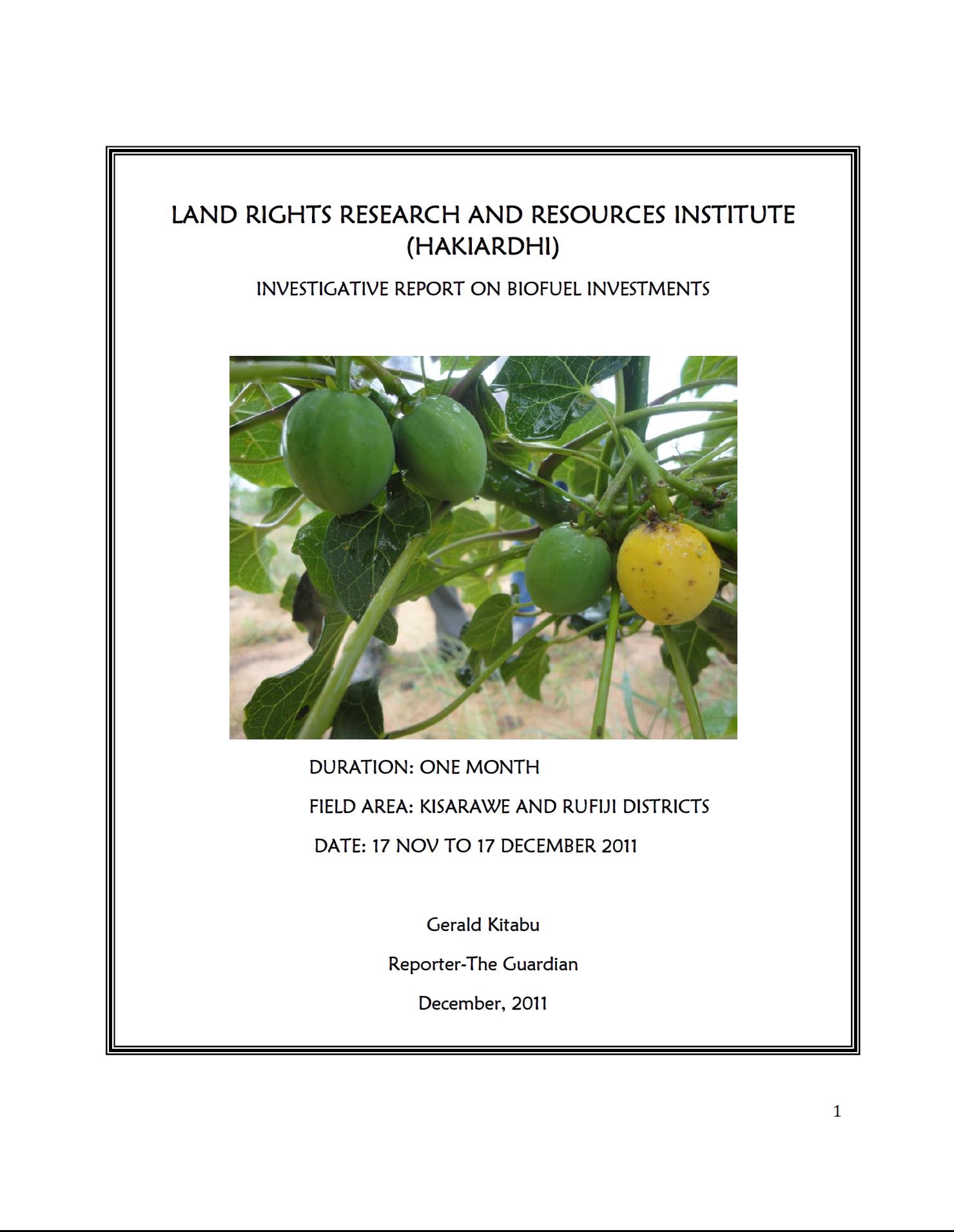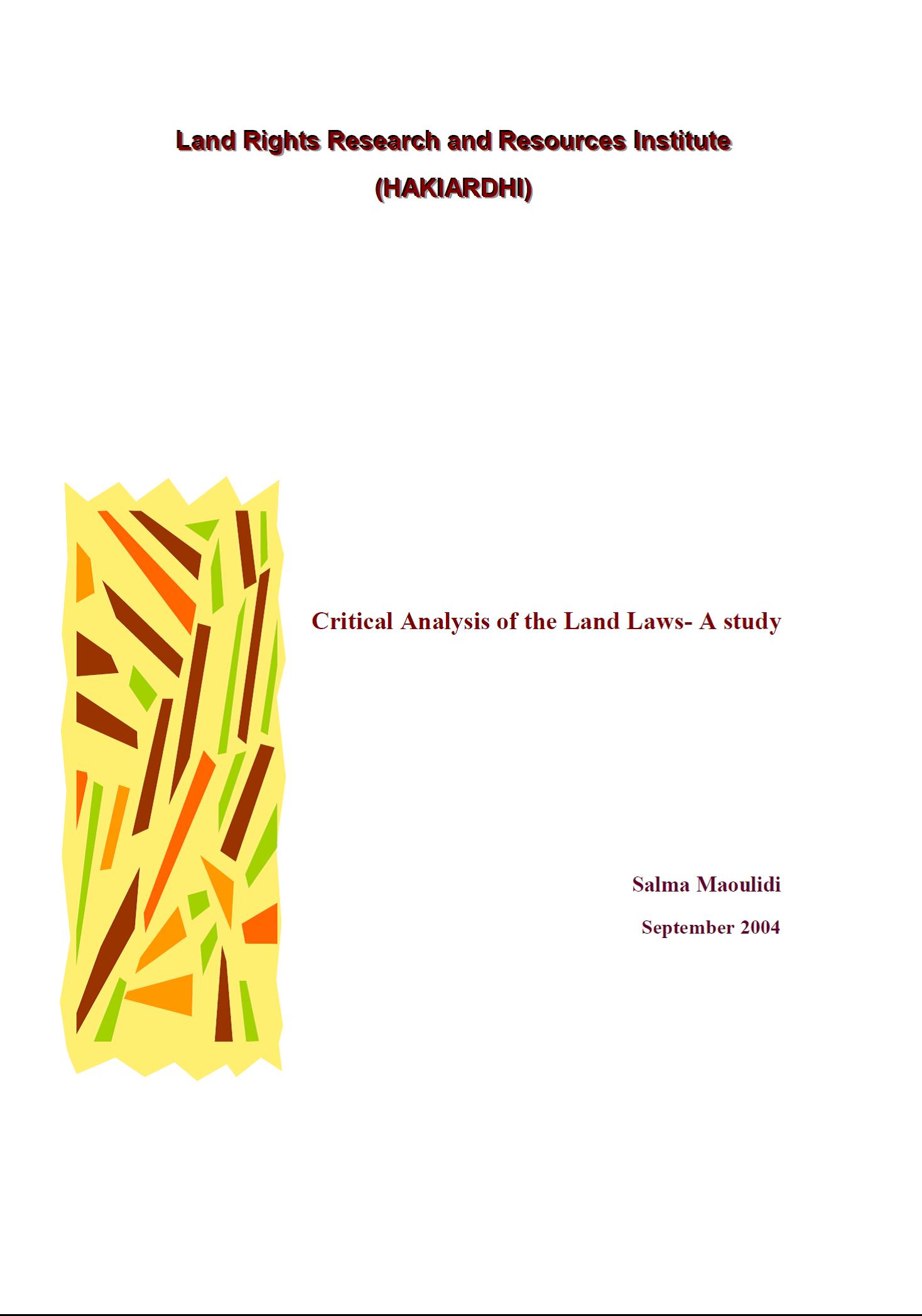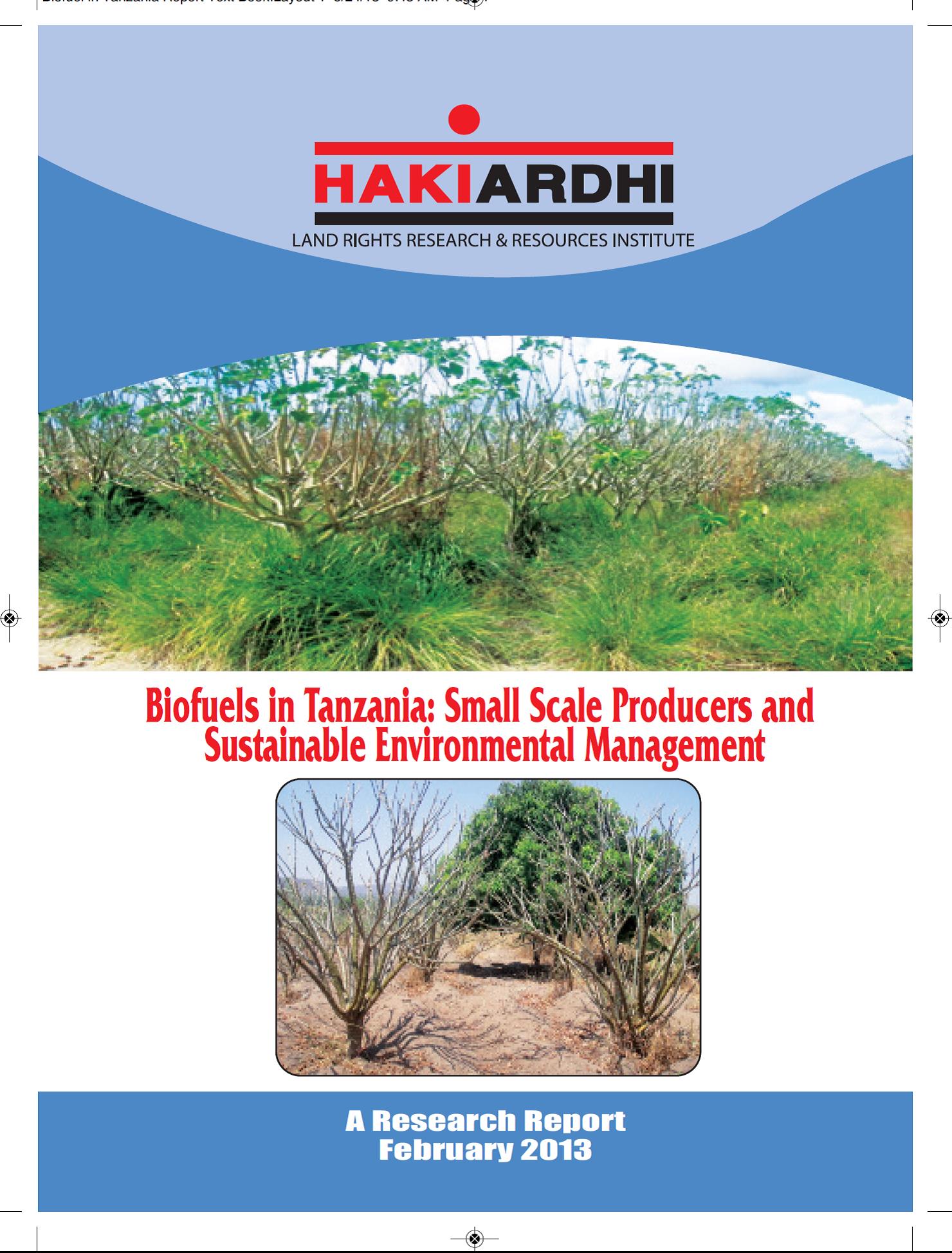Pillars of the community: How trained volunteers defend land rights in Tanzania
Training volunteers to help their communities defend their land rights has proved an effective approach for promoting land justice in Tanzania. This report documents how Hakiardhi, a Dar-es-Salaam based research institute working on land governance issues, has established and trained a 600-strong network of male and female ‘Land Rights Monitors’ (LRMs) operating in 300 villages on various aspects of the land law, so they can help people and local governments to exercise and ensure respect for their legal rights in land disputes.

